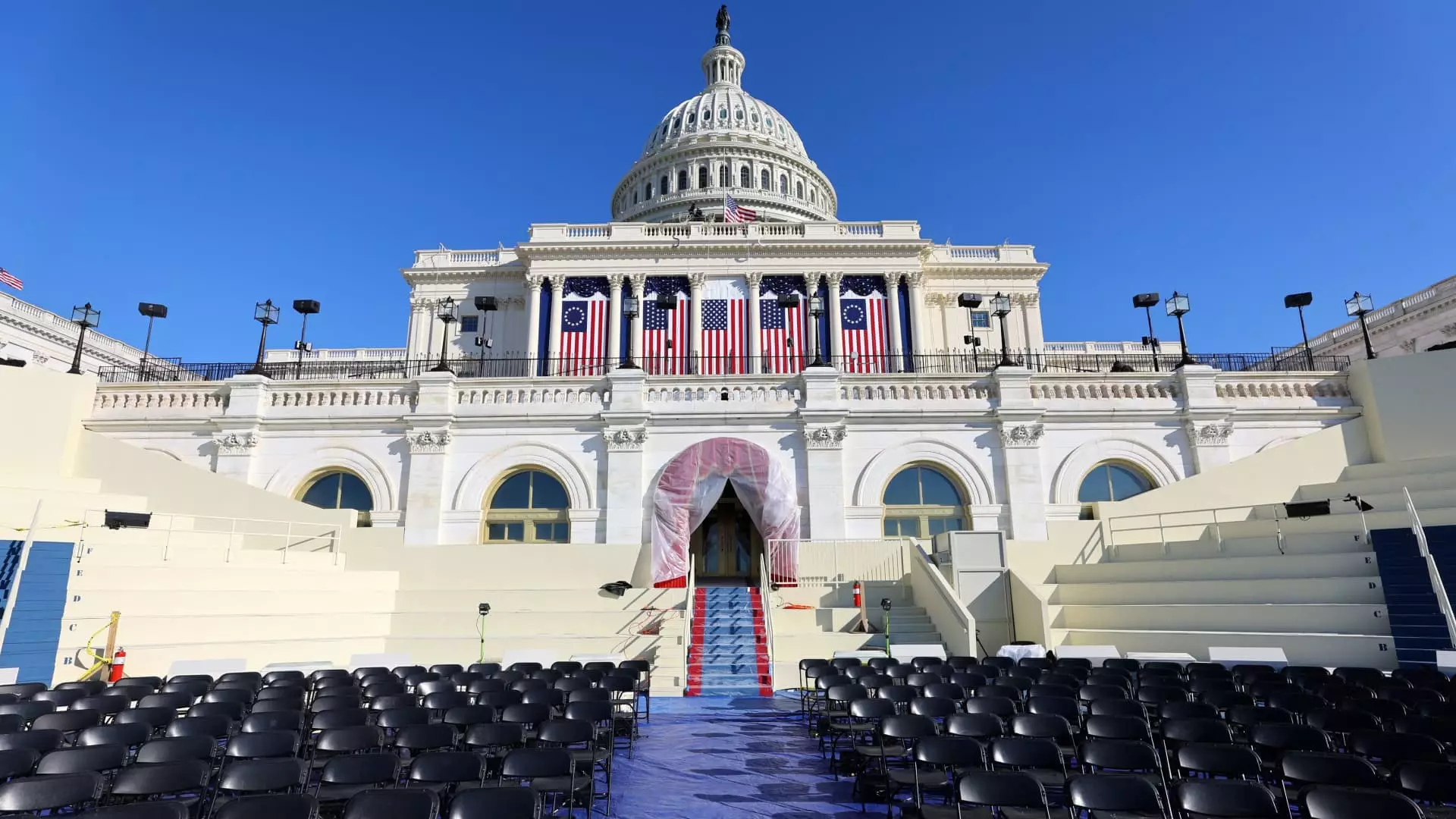As the political landscape in the United States continues to shift dramatically, the need for transparency in the operations of presidential inaugural committees has become increasingly prominent. Recently, Senate Democrats, led by Senator Catherine Cortez Masto from Nevada, have reignited debates surrounding financial disclosure in these organizations amid the inflow of corporate and wealthy donor funds in Washington, D.C. The core of this push for reform centers around a desire to prevent potential abuses of power and ensure accountability.
Legislative Proposals for Enhanced Transparency
Senator Cortez Masto has reintroduced the “Inaugural Committee Transparency Act,” which seeks to impose stringent requirements on inaugural committees regarding the reporting of contributions and expenditure patterns. One of the primary features of the proposed legislation is a requirement for committees to disclose the names and addresses of all vendors and individuals paid $200 or more, alongside explicit details about the purpose of each expenditure. This measure aims to eliminate the shrouded practices that have historically allowed for potential cronyism and conflicts of interest in the political realm.
Furthermore, the bill stipulates that any unused funds from inaugural committees must be allocated to a qualifying 501(c)(3) charity within 90 days after the inauguration, thereby directing surplus resources towards charitable endeavors instead of allowing them to languish in a corporate account. The legislation also addresses the critical issue of restricting personal enrichment by prohibiting the conversion of donated funds for personal use.
The mounting financial contributions to inaugural committees have caught the attention of legislators and the public alike. Reports reveal that President Trump’s inaugural committee amassed a staggering $170 million, surpassing previous records and raising alarms about the influence of corporate donations in politics. With no caps on contributions, these committees have turned into major fundraising platforms for businesses looking to fortify relationships with the incoming administration. The concern here is valid: as some corporations attempt to sway policies, the risk becomes one of potential quid pro quo arrangements unsettlingly lurking in the background.
Despite the commonality of lavish inaugural celebrations, the lack of accountability in how committees operate has long been a topic of concern. Traditionally, while contributions surpassing $200 must be reported within ninety days after the inauguration, the absence of binding requirements concerning expenditure details allows committees a wide berth in managing finances without scrutiny. Senators including Sheldon Whitehouse and Chris Van Hollen have joined Cortez Masto in advocating for the act, underscoring a growing bipartisan consensus on this issue.
Throughout her advocacy for the Transparency Act, Cortez Masto has exhibited resilience, introducing the bill in multiple congressional sessions since 2017, highlighting a continuous struggle against potential malfeasance fueled by excessive corporate influence in politics. As we approach yet another inauguration, it remains to be seen if these legislative efforts will garner sufficient support to promote the transparency that many Americans demand.
In an era where public trust in government is critical, promoting accountability in how inaugural committees function is an essential step in ensuring that democratic processes are upheld. Voters deserve insight into the sources of funding that might influence their elected officials, thereby reclaiming the integrity of democratic institutions. As the discussion surrounding transparency progresses, it is crucial that all stakeholders recognize the importance of curbing potential abuses, reinforcing the foundational pillars of democracy as the nation prepares for its next chapter.

